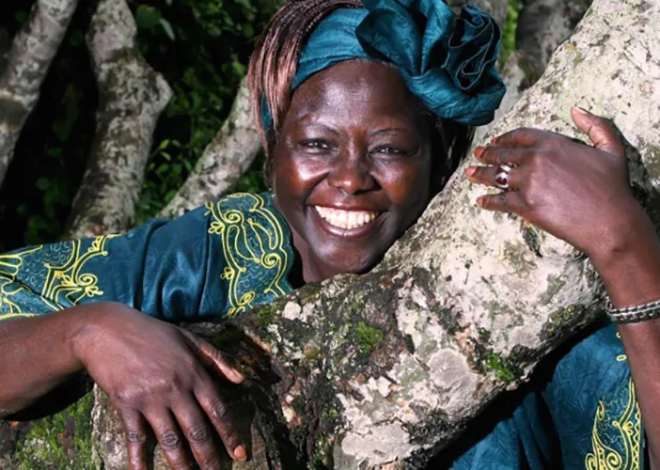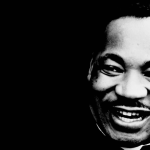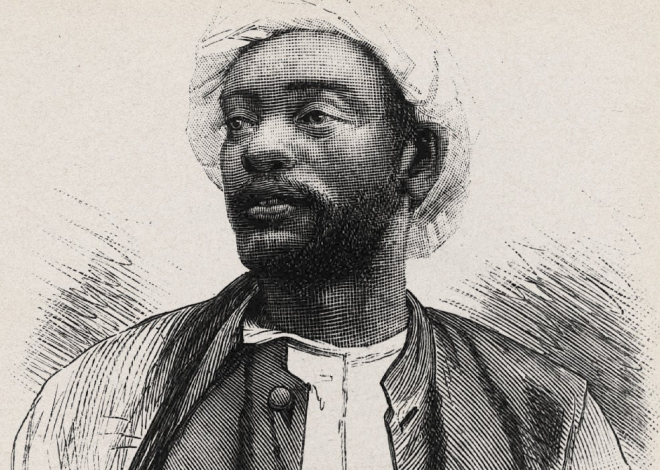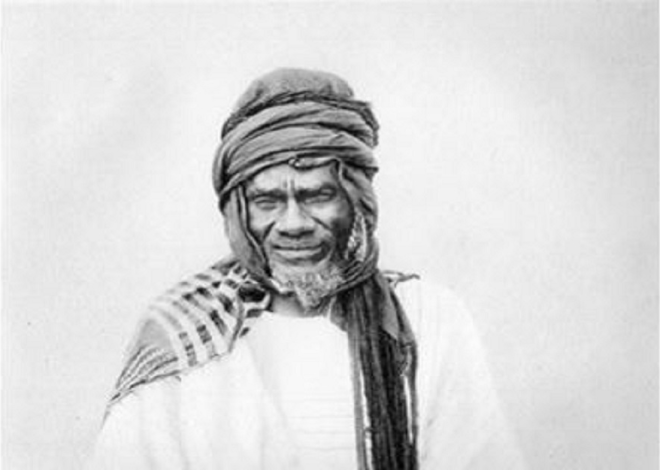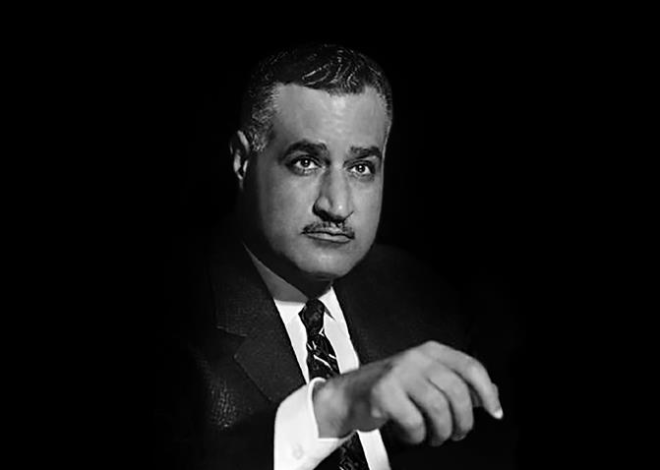
Jomo Kenyatta
Jomo Kenyatta, whose full name was Muigai Jomo Kenyatta, was a prominent Kenyan nationalist leader and the first President of Kenya. He played a pivotal role in the struggle for Kenyan independence from British colonial rule and became a central figure in the nation’s post-independence history.
Here is a detailed description of Jomo Kenyatta’s life and career:
Early Life and Education:
- Kenyatta was born on October 20, 1897, in Gatundu, British East Africa (now part of Kenya). His birth name was Kamau wa Ngengi.
- He attended mission schools during his youth, where he received a Western-style education and adopted the name “Johnstone Kamau.”
- In the 1920s, he travelled to London, England, to further his education, where he became involved in political and social activities.
Return to Kenya and Political Activism:
- In the 1930s, Kenyatta returned to Kenya and became increasingly involved in the political struggle for African rights and independence from British colonial rule.
- He became a leader of the Kenya African Union (KAU), an organization dedicated to advocating for African rights and self-determination.
- His activism led to his arrest and imprisonment by the British colonial authorities on multiple occasions.
Literary Contributions:
During his time in prison, Jomo Kenyatta wrote a seminal book titled “Facing Mount Kenya” (1938), in which he explored Kikuyu culture, history, and traditions. The book played a significant role in shaping the understanding of African culture and identity.
Path to Independence:
- After World War II, Kenyatta became a key figure in the negotiations for Kenya’s independence. He was a member of the delegation that traveled to London in 1960 to discuss Kenya’s future.
- In 1963, Kenya achieved self-government, and Kenyatta became the Prime Minister. On December 12, 1964, Kenya officially became a republic, with Kenyatta as its first President.
Presidency and Achievements:
- As President, Kenyatta implemented policies aimed at nation-building and development. He focused on infrastructure development, education, and economic growth.
- Kenyatta’s government initiated land redistribution programs to address historical injustices and promote land reform. This, however, was not without controversy and challenges.
- He also promoted the idea of Harambee, a spirit of collective effort and self-reliance, as a means to foster unity and development in Kenya.
- Despite his achievements, Kenyatta’s presidency was marked by concerns over political freedom and human rights, as his government was criticized for suppressing political opposition and limiting freedoms.
Legacy:
- Kenyatta is often referred to as the “Father of the Nation” in Kenya for his central role in the country’s independence and early post-independence history.
- His legacy is complex, as he is celebrated for his role in liberating Kenya but also criticized for his authoritarian rule.
- Kenyatta passed away on August 22, 1978, and was succeeded by his Vice President, Daniel Arap Moi.
Kenyatta’s life and leadership had a profound impact on Kenya’s history and its path to independence. He remains a significant and influential figure in Kenyan and African history, remembered for his contributions to the struggle for self-determination and his role in shaping the nation.
